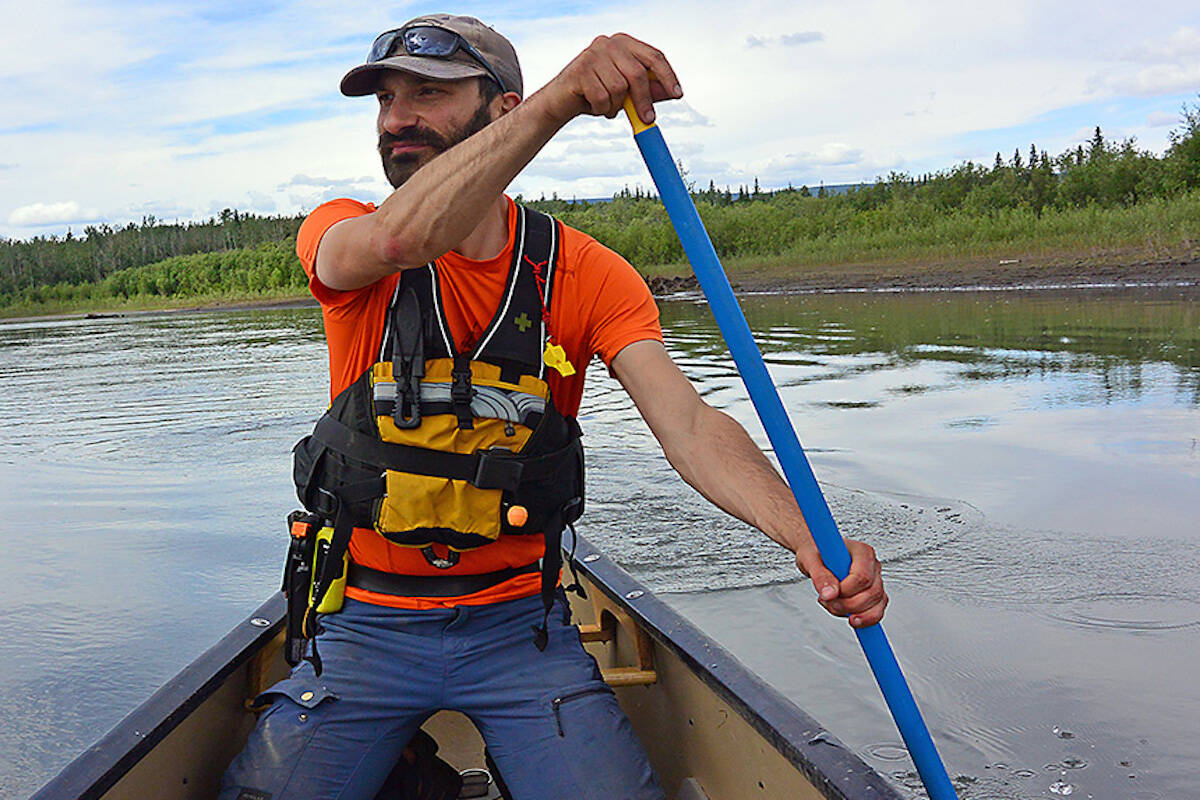An assistant professor with the Irving K. Barber Faculty of Science at the University of BC Okanagan has found climate change is causing major impacts on large rivers in Arctic Canada.
According to Alessandro Ielpi, the findings were surprising.
“The western Arctic is one of the areas in the world experiencing the sharpest atmospheric warming due to climate change,” he said. “Many northern scientists predicted the rivers would be destabilized by atmospheric warming. The understanding was that as permafrost thaws, riverbanks are weakened, and therefore northern rivers are less stable and expected to shift their channel positions at a faster pace.”
Conducted with Mathieu Lapôtre at Stanford University, along with Alvise Finotello at the University of Padua in Italy, and Université Laval’s Pascale Roy-Léveillée, the assistant professor and his team analyzed time-lapsed satellite images going back over 50 years and compared more than one thousand kilometres of riverbanks of Arctic rivers in Alaska, the Yukon and the Northwest Territories.
The professors tested the hypothesis that large sinuous rivers in permafrost terrain are moving faster under a warming climate, however ,they found the opposite had occured.
“Yes, permafrost is degrading, but the influence of other environmental changes, such as the greening of the Arctic, counteracts its effects. Higher temperatures and more moisture in the Arctic mean the region is greening up. Shrubs are expanding, growing thicker and taller on areas that were previously only sparsely vegetated,” said Ielpi.
The team found the sideways migration of large Arctic sinuous rivers has decreased over the past half-century by 20 per cent.
“We’re confident it can be linked to processes such as shrubification and permafrost thaw, which are in turn related to atmospheric warming.”
Ielpi hopes the study will encourage landscape and climate scientists elsewhere to re-evaluate other core assumptions and that testing may reveal exciting features of the planet.
READ MORE: Kelowna youth climate action group petitions to make transit public
READ MORE: Echoes of ‘save our trees’ from youth-led protest heard across downtown Kelowna
@thebrittwebster
brittany.webster@blackpress.ca
Like us on Facebook and follow us on

